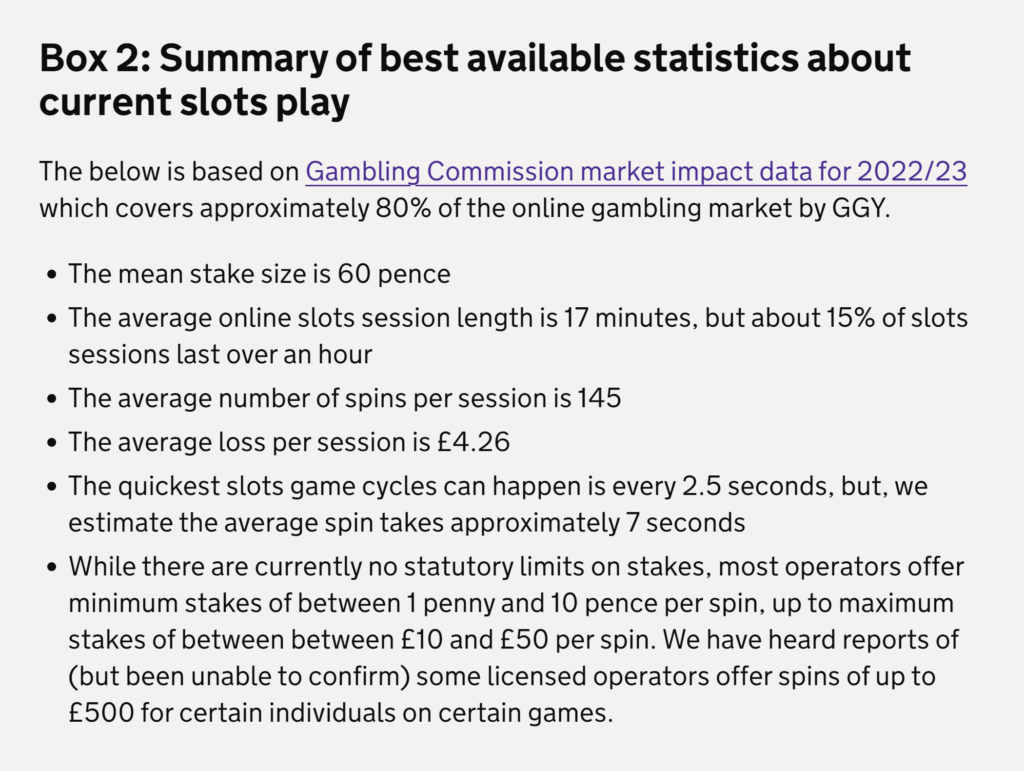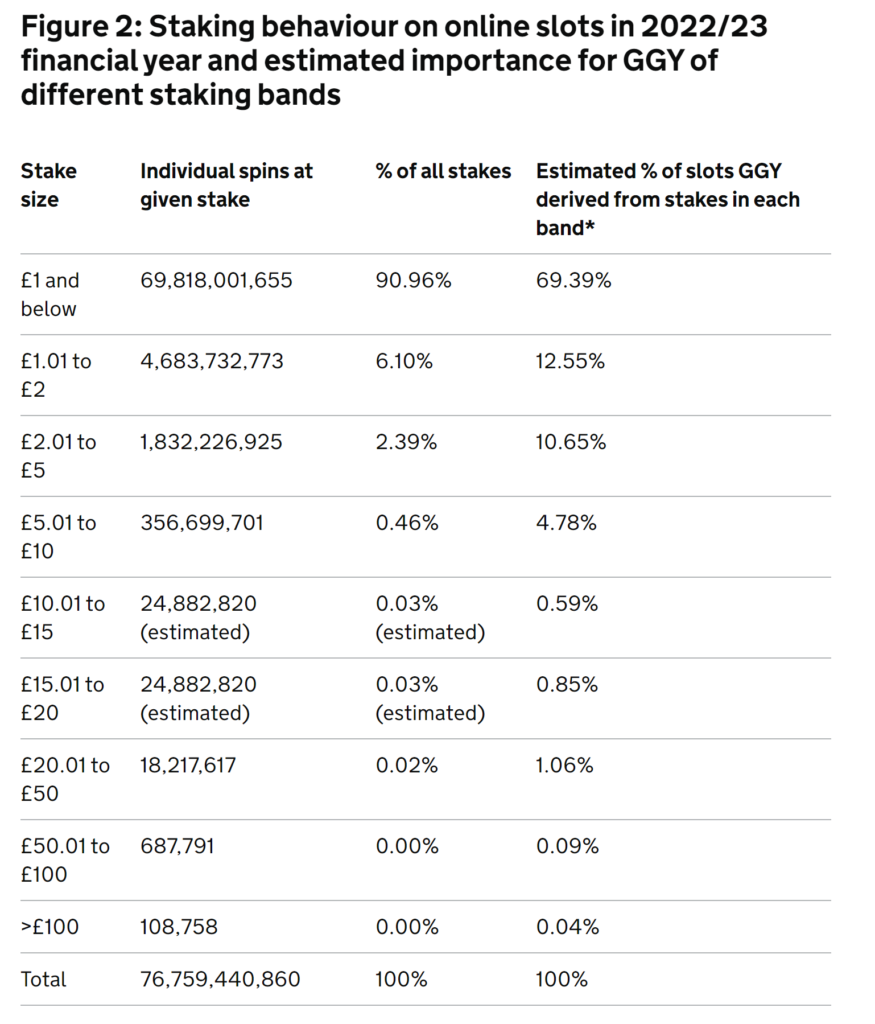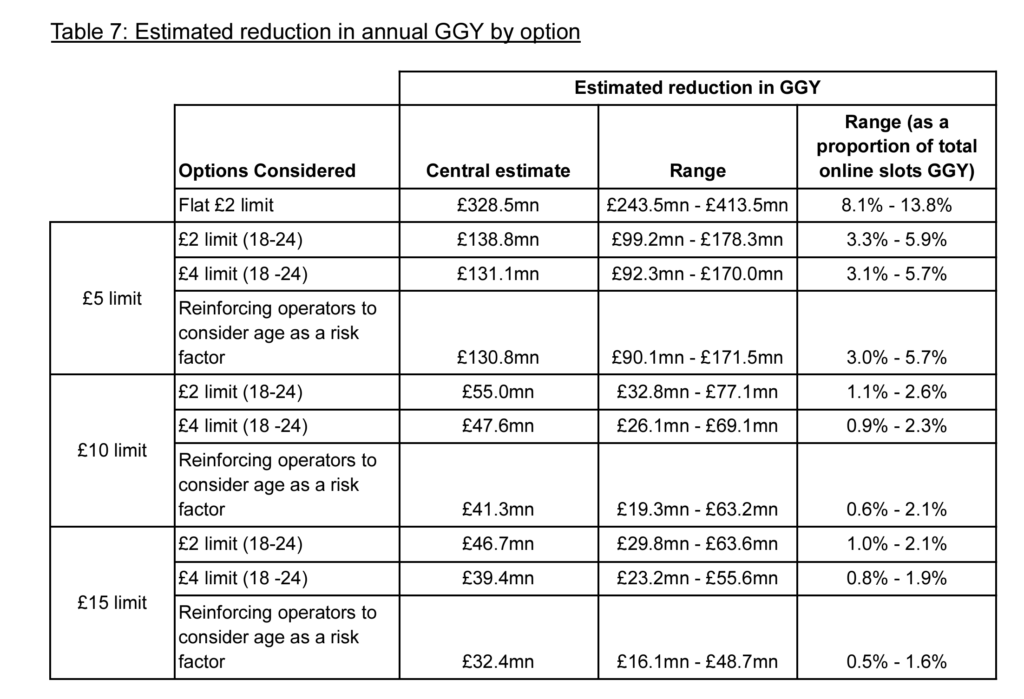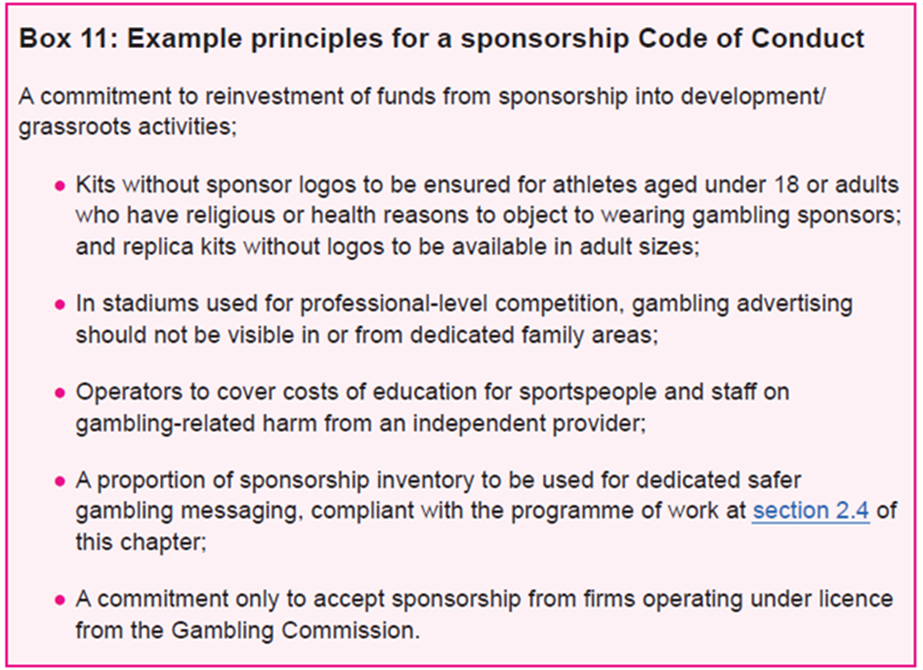White Paper Series: Parliamentary debate on affordability and financial risk checks
On Monday 26 February 2024, the UK Parliament debated the petition Stop the implementation of betting affordability/financial risk checks (the “Petition”), formally addressing one of the Government’s (and the Gambling Commission’s) more controversial commitments from the White Paper.
Background
Launched on 1 November 2023 by The Jockey Club Chief Executive Officer, Nevin Truesdale, the Petition reached more than 100,000 online signatures within 27 days, prompting Parliament’s Petitions Committee to schedule yesterday’s debate by Members of Parliament (“MPs”) including the Gambling Minister, Stuart Andrew (the “Debate”).
The Petition states:
“We want the Government to abandon the planned implementation of affordability checks for some people who want to place a bet. We believe such checks – which could include assessing whether people are ‘at risk of harm’ based on their postcode or job title – are inappropriate and discriminatory.”
On 16 November 2023, the Government responded to the Petition, stating it is “committed to a proportionate, frictionless system of financial risk checks, to protect those at risk of harm without over regulating”, also indicating that the Gambling Commission would set out its plans “in due course”.
Last week (and in advance of the Debate), the Gambling Commission’s Executive Director of Research and Policy, Tim Miller, published a blog entitled “Financial risk next steps – February 2024”, which provided an update on the Gambling Commission’s intended implementation of financial risk checks. We discussed these proposals in our recent blog: White Paper Series: Gambling Commission update on its implementation of financial risk checks.
The Debate
The Debate was attended by a large number of MPs, 27 of whom shared views in favour of both sides of the argument. In opening the Debate, MP for Neath, Hon. Christina Rees, stated “affordability checks are not about attacking consumer rights or curbing individual liberties, but about upholding consumer protections and curbing operator excess.” Whilst Rees acknowledged the concerns of industry bodies, operators and the horseracing community, she argued that the idea of introducing financial risk checks is not new, and that industry and consumers alike support the need for regulation against harmful betting. In Rees’ view, the issue rather seemed to be that:
“such checks need to be frictionless, without negative impact on punters or operator revenue, and without pushing vulnerable gamblers into the black market.”
Similar concerns about the proposed financial risk checks were raised by other MPs. Broadly, the major concerns from the industry (particularly horseracing) and consumers, as put forward by various MPs, were:
- it is unclear if the financial risk checks would truly be frictionless;
- it is inappropriate for the Government and/or the Gambling Commission to determine what is affordable for an individual;
- financial risk checks would push more consumers to the black market; and
- horseracing should be distinguished from other forms of gambling, such games of chance, in the implementation of financial risk checks.
Several MPs called for the Government to reconsider the proposals and start again, arguing that a one-size-fits-all approach would not work, and that a wider group of industry stakeholders and experts must be consulted in order to find the appropriate balance.
MP for Shipley, Hon. Philip Davies, on the other hand, took a slightly more nuanced approach, stating that “however much I would like the Government and the Gambling Commission to abandon the affordability check policy, I have not been here so long without accepting that some battles are impossible to win”. Davies suggested that, if they are to be introduced, the proposed “enhanced” financial risk checks should be based on data from the Steering Committee on Reciprocity (“SCOR”), instead of current account turnover data. Davies argued that the use of SCOR data would, crucially, ensure that the checks are “entirely frictionless and do not discriminate against any group, such as the self-employed”.
Amongst the arguments in support of the introduction of financial risk checks, several MPs emphasised that the lower, “light-touch”, financial vulnerability checks will be frictionless and that the enhanced financial risk checks would only require 0.3% of online gambling account holders to provide gambling businesses with additional financial information – the 0.3% being a reference to Andrew Rhodes’ (Chief Executive Officer for the Gambling Commission) blog entitled “Your questions answered on the financial risk checks consultation”, which was published on the Gambling Commission’s website on 7 September 2023. In his blog, Rhodes argued that, on the basis that nearly all gambling customers have a credit reference file which can be checked frictionlessly, only a small percentage (estimated at 0.3% by the Gambling Commission – although it is unclear on the basis of what data/research) would be asked to directly provide additional financial information to an operator in connection with a financial risk assessment.
MP for Sheffield Central, Hon. Paul Blomfield, stated that gambling addiction is a health issue which needs to have a prevention strategy. Noting gambling-related harm can occur at relatively low levels of spend, Mr Blomfield also considered that the 0.3% of customers likely to be affected by the enhanced checks is a “tiny number” in relation to the benefit that could be achieved through introducing the checks. Blomfield went on to downplay the argument that financial risk checks would cause customers to move to the black market. Blomfield cited similar concerns that were raised by the tobacco and payday lending industries, which he noted did not come to fruition after these industries were more stringently regulated.
MP for Swansea East and Chair of the All-Party Parliamentary Group on gambling related harm, Hon. Carolyn Harris, suggested that the logical way forward in protecting those gripped by gambling addiction is to introduce the financial risk checks on anyone gambling larger sums:
“Those would not stop anyone who can afford it betting as much as they choose, but it would stop those who cannot.”
Harris cited research by Dr Philip Newall from the University of Bristol and Dr David Zendle from the University of York using open banking data, which found that “unharmed” gamblers have an average monthly spend of £16.41, compared with £208.91 for the highest risk group. Harris went on to conclude that this research suggested that “risk-free” gamblers would very rarely trigger any affordability checks at the thresholds proposed by the Gambling Commission, being £125 net loss within a month for the light-touch financial vulnerability checks.
Gambling Minister, Hon. Stuart Andrew was last to respond in the Debate and did not provide any significant new information or details about the financial risk checks. Andrew appeared to attribute responsibility to the industry for its “onerous, ad hoc and inconsistent“application of financial checks under the current regime and to cite this as a basis for the Gambling Commission introducing consistent and less intrusive checks. An alternative argument might be that it is the Gambling Commission’s overreaching in its compliance and enforcement activity, particularly in relation to its application of its guidance, that provides the foundation for the proposed financial risk checks.
Andrew briefly addressed the issues raised regarding the black market and the horseracing industry, but largely focused on reiterating the Government’s position that it is not its “job to tell people how to spend their money”. Rather, and as outlined in the White Paper, the Government wants to balance individual freedom with the “necessary action to tackle the devastating consequences that harmful gambling can have on individuals and communities”. Andrew also stated:
“I believe that the proposals for financial risk checks will represent a significant improvement for both businesses and customers, compared with the current situation.”
In addressing the implementation of the financial risk checks, Andrew largely restated the Gambling Commission’s position from its blog of 22 February 2024 (referred to above). However, he emphasised that the Gambling Commission is “carefully listening” to concerns, demonstrated by its confirmation that gambling businesses will not be required to consider an individual’s personal details, such as their postcode or job title, as part of the financial risk checks. We question whether it is the Gambling Commission “carefully listening”, or the public and political traction created by the Petition that led to the Gambling Commission issuing a premature update on its intentions immediately before the Debate, and in doing so backtracking on its original proposal to obtain personal information, such as occupation, from customers. Had the Gambling Commission not so issued its update, Andrew would have had little new information to put forward.
Andrew also emphasised that the Government is supportive of the Gambling Commission’s intention to pilot the implementation of the financial risk checks, and that he hopes it is clear that:
“both the Government and the Commission want this to be a genuine pilot of how data sharing would work”.
Summary
In summary, the Debate uncovered many more questions than answers, and it is still unclear how the Government and Gambling Commission intend to ensure that the financial vulnerability and financial risk checks will truly be frictionless. What is clear, however, is that the Government and the Gambling Commission are working closely together to roll out these checks.
In terms of next steps, Andrew confirmed that the Gambling Commission will publish its full consultation response “very soon”, which reflects the Gambling Commission’s promise in its February 2024 blog that the consultation response would be published in March 2024. We, along with many other industry stakeholders, will eagerly be awaiting the publication of this response, in the hope that it will: (1) clearly set out full details of its proposals with regard to financial vulnerability and financial risk checks (including in relation to the proposed pilot phase); and (2) propose novel and well considered solutions to address some of the (we consider, genuine) concerns raised by MPs in the Debate, and by the wider industry.
Frustratingly, and despite the high number of signatories to the Petition, it is unlikely that the Government and the Gambling Commission will depart from their path as articulated in the White Paper. The Gambling Commission, it seems, is determined to establish the requirement for financial risk checks, ensure that technological developments are implemented, and only then consider and determine what the “vast majority” of customers having a “frictionless” experience actually means. To continue the theme of horse-based analogies enjoyed by several MPs during the Debate, by then, the horse will have bolted.
Watch the full Debate in Parliament here:
Please get in touch with us if you have any questions about financial risk checks or if you would like assistance with any compliance or enforcement matters.
With thanks to David Whyte and Gemma Boore for their co-authorship.






